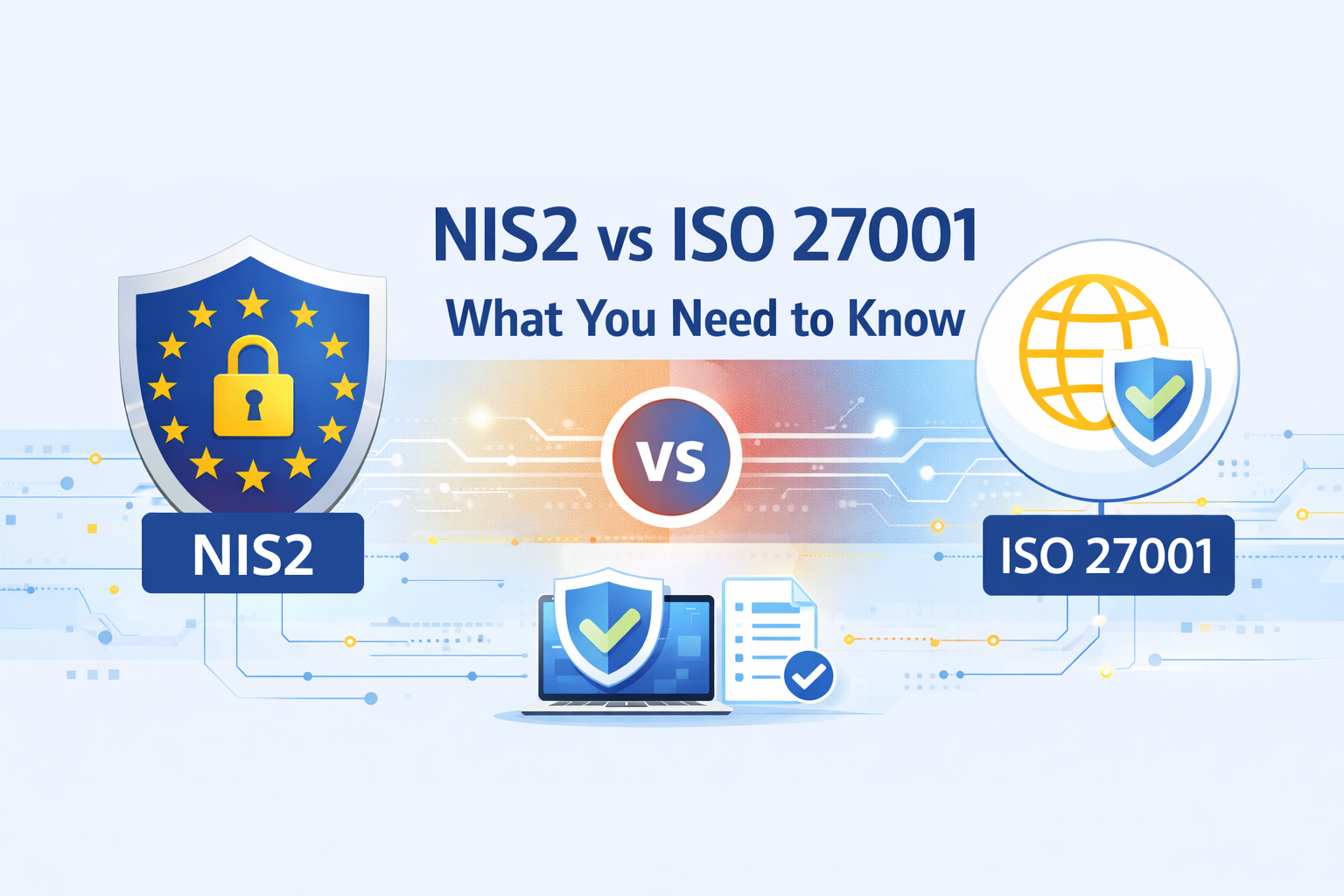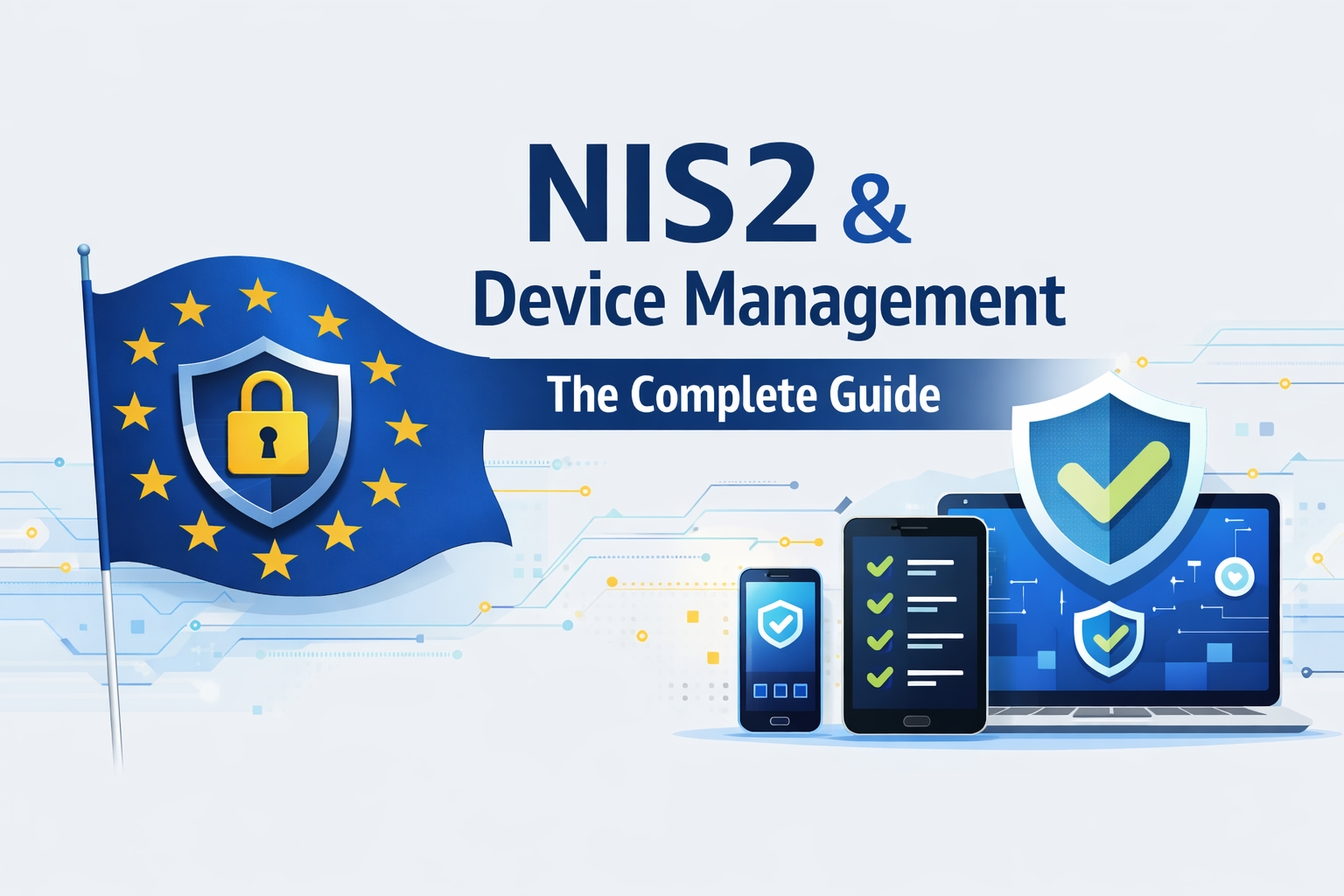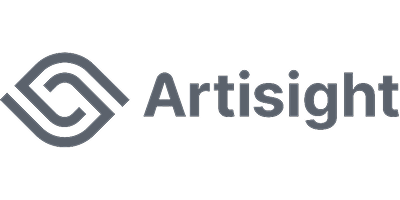Compliance is essential for fintech companies to navigate a highly regulated environment, ensuring adherence to financial regulations, mitigating risks, and preventing legal complications. It fosters consumer trust by safeguarding sensitive financial data, facilitates cross-border operations, and opens doors to collaborations with traditional financial institutions.
What type of compliance is required for Fintech companies?
Anti-Money Laundering (AML) and Counter-Terrorism Financing (CTF): Fintech companies must implement measures to detect and prevent money laundering and terrorist financing, adhering to AML and CTF regulations.
Know Your Customer (KYC): KYC regulations require thorough verification of customer identities, helping prevent fraud and ensuring compliance with financial regulations.
Cybersecurity Regulations: Fintech companies must adhere to cybersecurity standards to protect against data breaches and cyber threats, ensuring the integrity and confidentiality of financial data.
Data Security Standards: Apart from specific regulations, adhering to industry-recognized data security standards, such as SOC 2 (Service Organization Control 2), is essential for protecting sensitive information and ensuring secure data practices. Swif.ai integrates with Vanta and Drata, supported by MDM Software, to automate company devices for compliance audits.
Payment Card Industry Data Security Standard (PCI DSS): Fintech companies handling credit card transactions must comply with PCI DSS to secure payment card data and protect against breaches.
Consumer Data Protection: Compliance with data protection regulations such as GDPR (General Data Protection Regulation) is crucial to safeguarding the privacy and security of customer information.
Compliance Training Platforms: These platforms offer tools for creating and managing compliance training programs, ensuring that employees are educated on regulatory requirements and best practices.
Navigating this complex regulatory landscape requires a proactive approach, staying informed about changes, and implementing robust compliance management systems. The specific requirements vary based on the nature of the fintech services provided and the geographical regions in which they operate.
What useful tools are required to help Fintech companies that are planning to go through compliance?
Fintech companies planning to undergo compliance can benefit from a variety of tools to streamline processes, enhance security, and ensure regulatory adherence. Here are some useful tools:
GRC (Governance, Risk, and Compliance) Platforms: These platforms centralize and automate compliance management processes, providing a holistic view of governance, risk, and compliance activities within the organization.
AML Compliance Solutions: Tools in this category focus on automating anti-money laundering (AML) processes, including transaction monitoring, customer due diligence, and the detection of suspicious activities to ensure compliance with financial regulations.
Identity and Access Management (IAM) Systems: IAM tools manage user access to your systems and data. They help enforce the least privileged access, ensuring that users have the minimum level of access necessary for their roles.
Device Management: Swif.ai helps organizations control and secure mobile devices (such as smartphones and tablets) used within the organization through MDM Software. This is crucial for enforcing security policies and ensuring that only authorized devices have access to sensitive data.
Access Control: Regulations place a strong emphasis on access control, ensuring that access to systems and data is restricted to authorized individuals. Swif.ai can play a role in managing and enforcing access control policies for mobile devices, helping organizations meet compliance requirements.
Policy and Procedure Management Tools: Establishing and documenting security policies and procedures is a key part of compliance. Tools that assist in creating, managing, and tracking compliance with these policies are beneficial.
Real-time Monitoring and Reporting: Compliance Automation tools provide real-time monitoring of activities, generating detailed reports and audit trails. This ensures that you have up-to-date insights into your compliance status, making it easier to address issues promptly.
Swif.ai enables Fintech companies to get the tools they need to stay compliant with strict regulations without spending too much time and money, with MDM Software supporting device controls where required.
This includes MDM, policy management, software installation, compliance automation integration, remote desktop access, and retrieving and sending company devices - all in one app.



























.png)











.webp)







